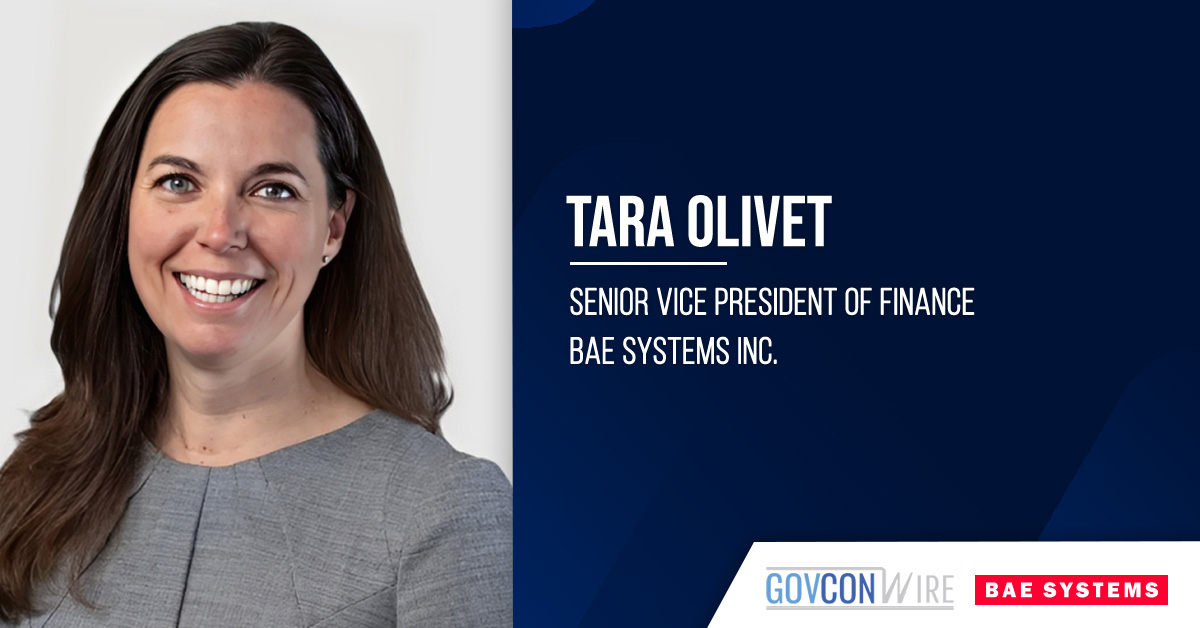Decoding Goodwill in Finance: A Singapore Investor's Guide

In simple terms, goodwill is an intangible asset that arises when one company acquires another for a price exceeding the fair value of its net identifiable assets. Essentially, it represents the 'extra' amount a buyer is willing to pay for factors that aren't easily quantifiable – things like a strong brand name, a loyal customer base, skilled workforce, proprietary technology (patents), and established distribution channels. Think of it as the premium you pay for a company's reputation and future earning potential beyond its tangible assets.
The calculation is straightforward: Goodwill = Purchase Price - Fair Value of Net Identifiable Assets.
- Purchase Price: The total amount paid by the acquiring company.
- Fair Value of Net Identifiable Assets: This is the value of all the tangible and identifiable intangible assets (like equipment, inventory, patents) minus any liabilities. This valuation often involves independent appraisals.
For example, Company A buys Company B for $10 million. Company B's assets are valued at $8 million and its liabilities at $2 million, resulting in a net identifiable asset value of $6 million. The goodwill would be $10 million (purchase price) - $6 million (net asset value) = $4 million.
Goodwill can significantly impact a company's financial statements and, consequently, its valuation. Here's why investors in Singapore need to pay attention:
- Impairment: Goodwill isn't amortized (gradually written down) like some other intangible assets. Instead, it's subject to impairment testing. If the value of the acquired company declines, the goodwill may need to be written down, resulting in a loss on the income statement. This can negatively impact a company’s earnings and stock price.
- Overvaluation: Excessive goodwill can be a red flag, suggesting the acquiring company overpaid for the target. This can be a sign of poor management decisions or an overly optimistic assessment of the target's future performance.
- Financial Health Indicator: While goodwill itself isn't a direct measure of financial health, frequent or significant goodwill impairments can signal underlying problems within the acquired company or the broader industry.
Consider a Singaporean conglomerate acquiring a local tech startup known for its innovative app and strong user base. The conglomerate pays a premium for the startup, not just for its code and servers, but also for its brand recognition and talented team. That premium would be recorded as goodwill on the conglomerate's balance sheet.
- Understand the concept of goodwill and its implications.
- Scrutinize companies with significant goodwill on their balance sheets.
- Pay attention to any goodwill impairment charges, as they can be a warning sign.
- Consider the rationale behind acquisitions and whether the purchase price seems justified.





